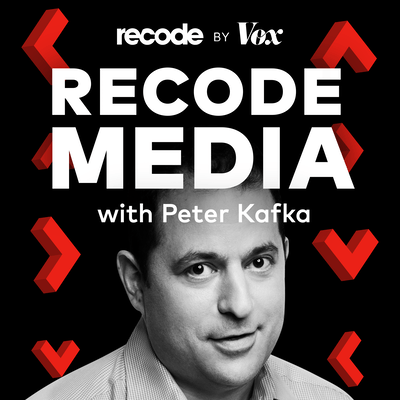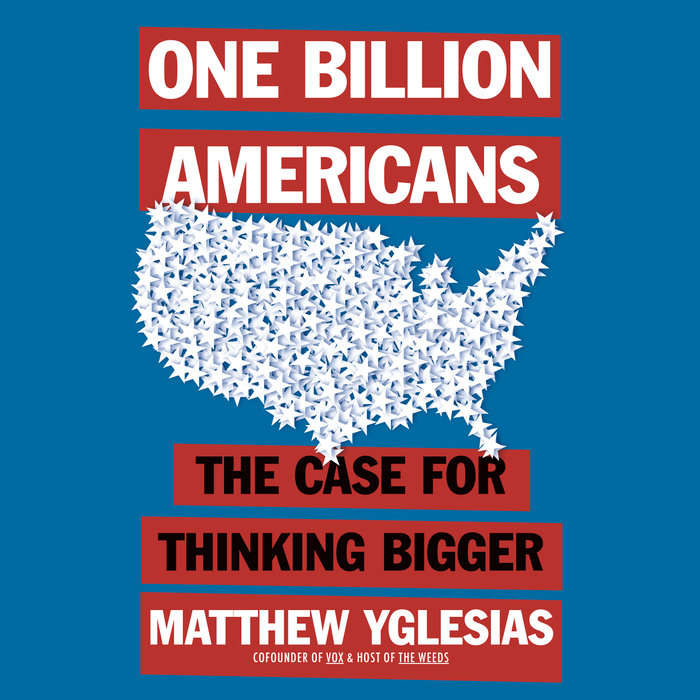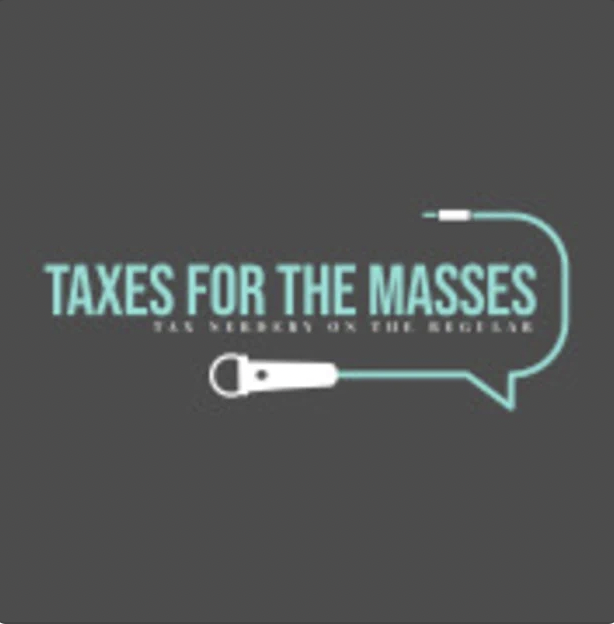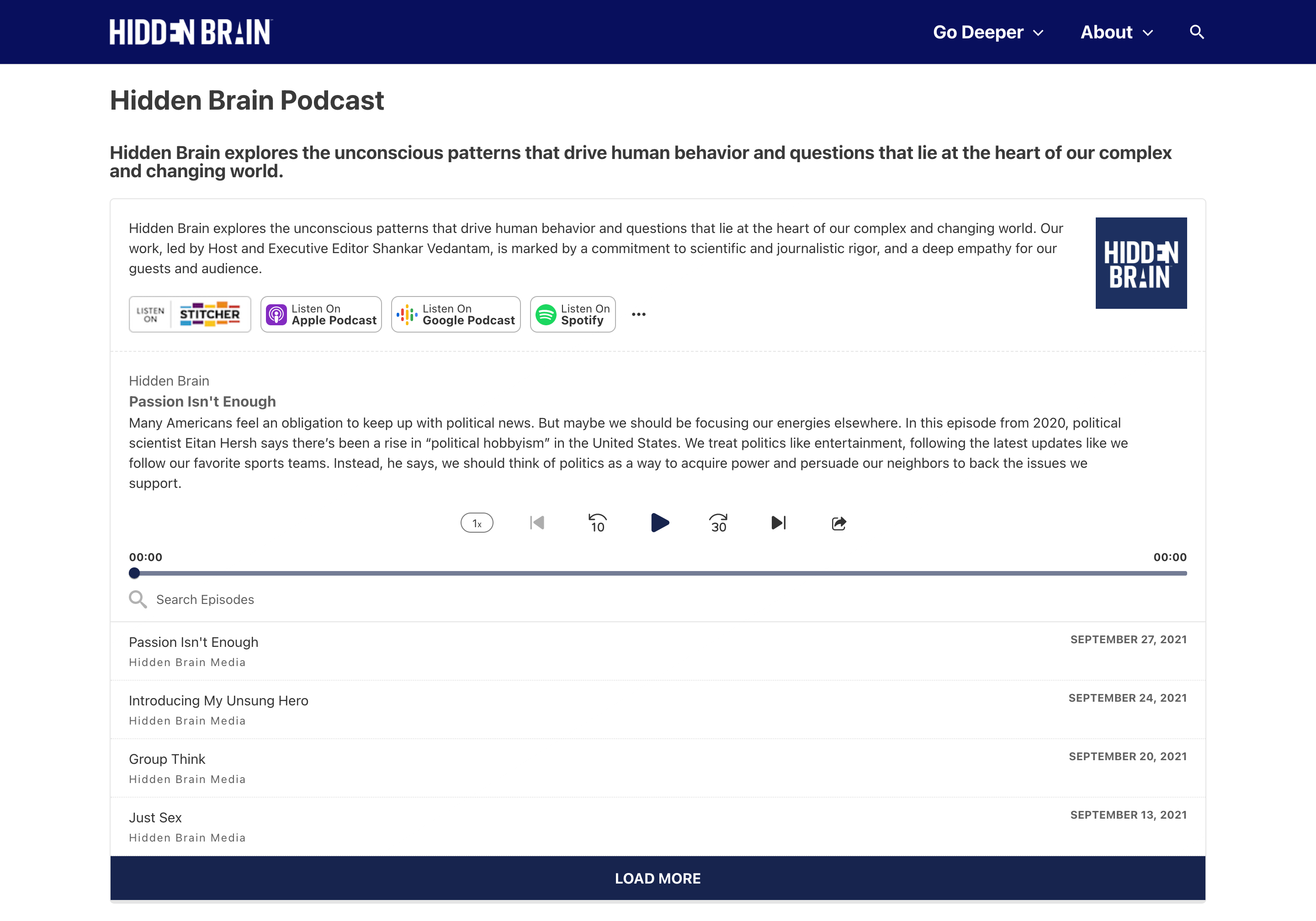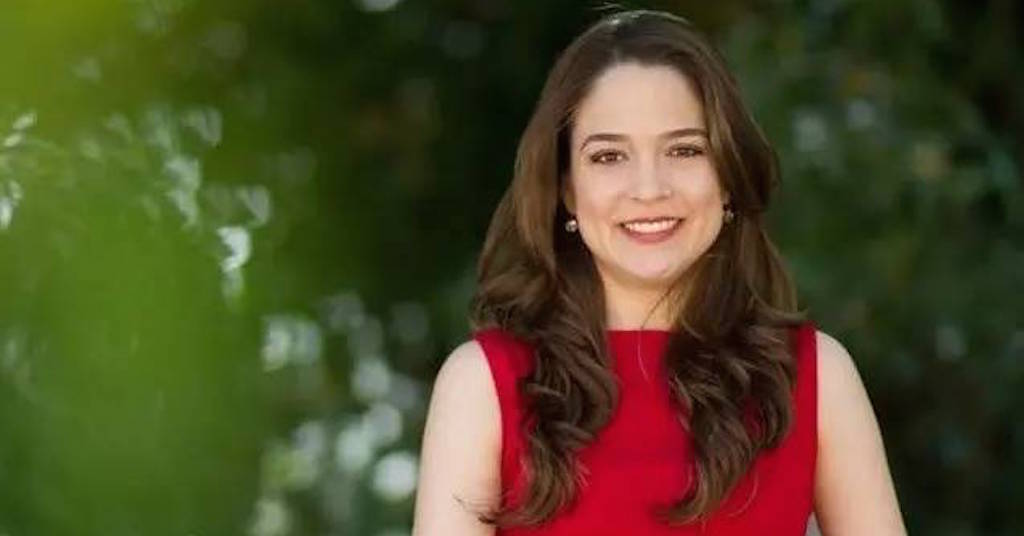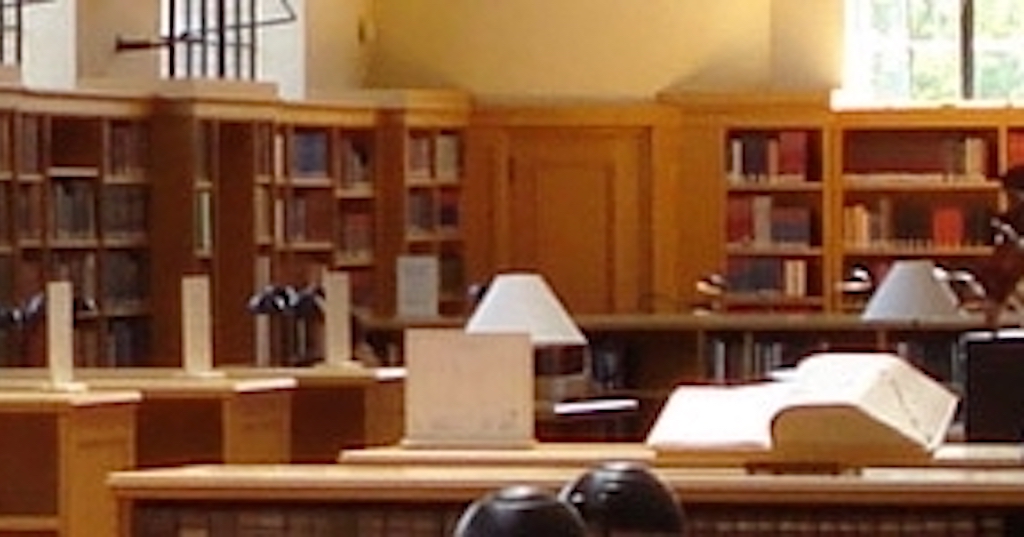也许你希望找到通勤路上,可以让时间感觉过得更快的办法。也许在孩子们结束暑假回到学校以后,你开始有了更多的空闲时间。为此,我们请到了几位斯坦福商学院的教授们,来聊聊他们在空闲时间都听过些什么。
以下是他们推荐的一些播客和有声读物:
EconTalk, Sean Carroll’s Mindscape, and The Big Idea
“I love EconTalk with Russ Roberts. He is a generalist and his guests cover many disciplines and topics. He is also a phenomenal interviewer. Another favorite: Sean Carroll’s Mindscape. He’s a theoretical physicist from Caltech and his reach is wide and deep. Finally, I love David Edmonds’ The Big Idea — wildly entertaining and nuggets of wisdom in every episode!”
— Michele J. Gelfand, the John H. Scully Professor in Cross-Cultural Management and Professor of Organizational Behavior
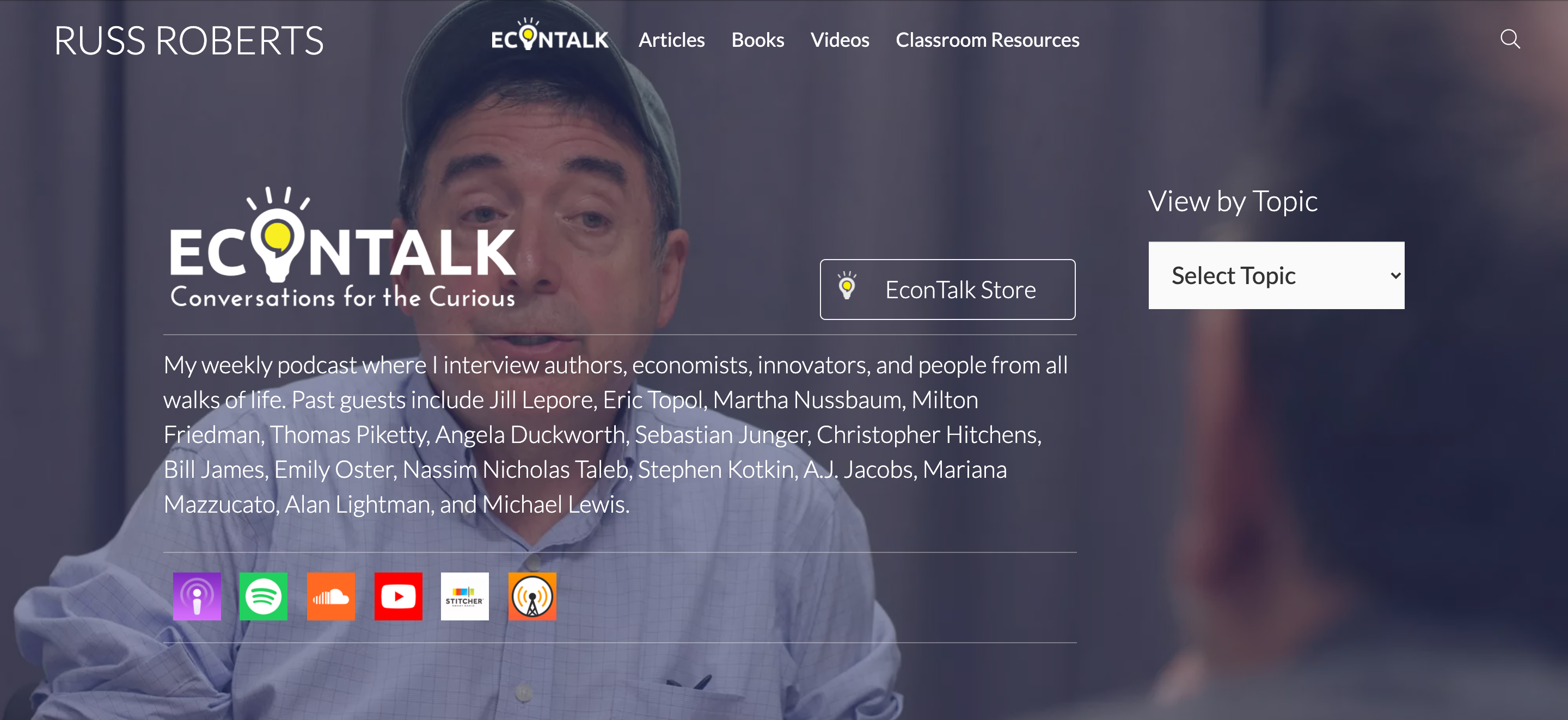
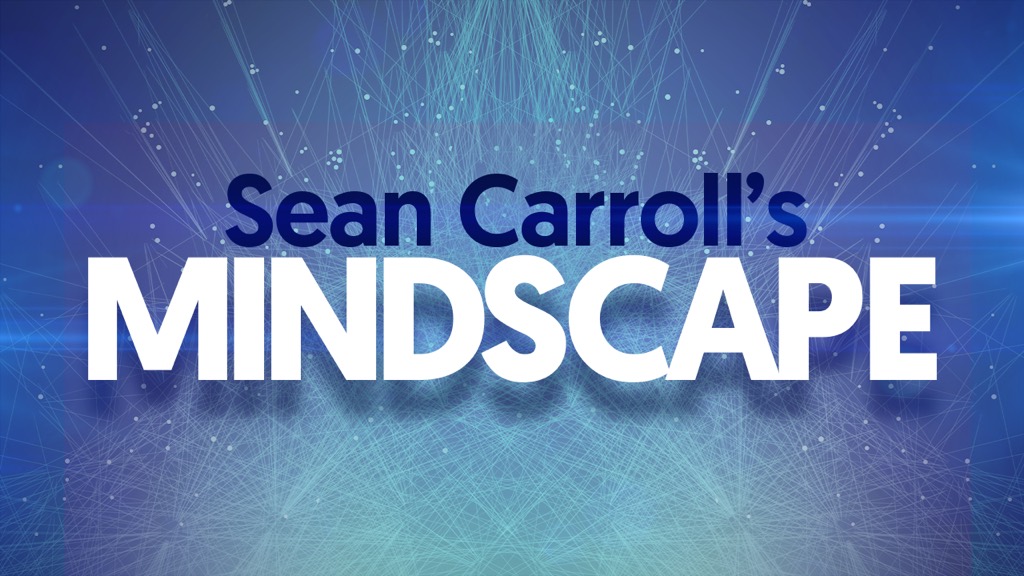
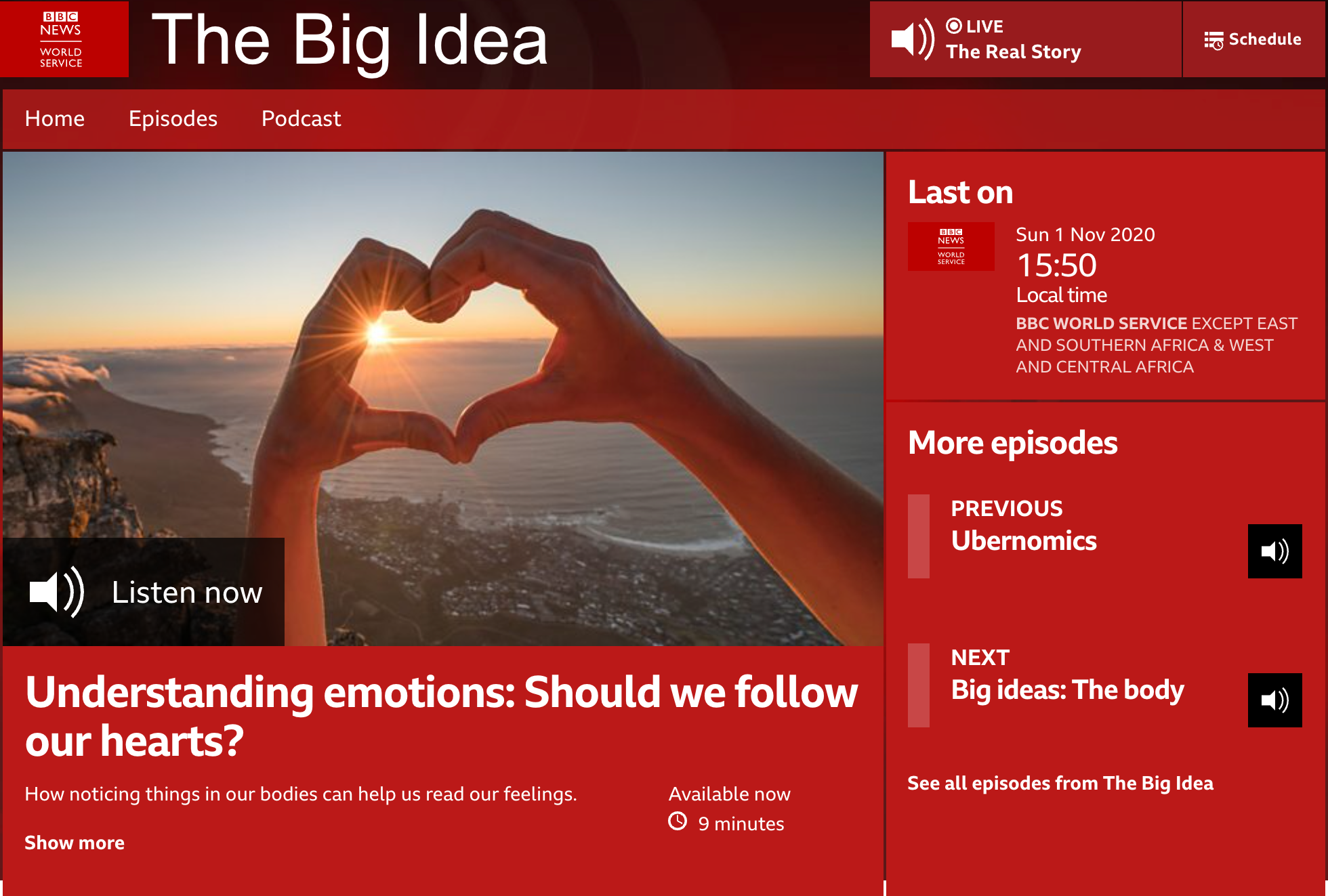
The Mina Kimes Show featuring Lenny
“One of my favorite shows is The Mina Kimes Show featuring Lenny. (Lenny is her dog, so that part is a joke.) It is a show about the NFL. Kimes is immensely knowledgeable about the sport and analytically inclined, but she also has a rich appreciation for the limits of analytics, the need to make tradeoffs in allocating resources and game planning, the importance of both design and motivation, the judgment to know when to cut your losses and change your approach, and the role of luck: the fact that you can make the right decision from a strategic perspective and have it not work out, and make the totally wrong decision and still have the ball bounce your way.”
— Jesper B. Sørensen, the Robert A. and Elizabeth R. Jeffe Professor and Professor of Organizational Behavior

The Seven Ages of Paris by Alistair Horne
“I would recommend the audiobook for The Seven Ages of Paris by Alistair Horne. Horne is a historian of Europe and has written many books on many different periods, but this particular one is his love song to Paris. It recounts all the major events in French history, but does so through the lens of how they impacted Paris’s architectural footprint. Anyone who has been or who would like to go to Paris would appreciate the city much more having listened to this.”
— Chenzi Xu, assistant professor of finance
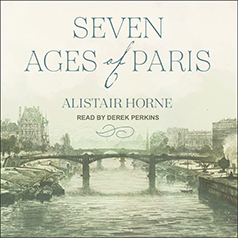
Taxes for the Masses
“In Taxes for the Masses, two tax experts (including my former GSB colleague Lisa De Simone) have distilled some of the biggest headline news about domestic fiscal policy to make it accessible for the average listener.”
— Rebecca Lester, associate professor of accounting
Huberman Lab and Hidden Brain
“The Huberman Lab podcast is a fantastic resource. Andrew Huberman is a true expert and makes very complex biological and neurological concepts easy to understand. He and his guests provide actionable suggestions and best practices to help all of us optimize our health and performance. Hidden Brain provides many insightful and interesting lessons on psychology and the human condition. Each episode tackles a fascinating aspect of what makes us human and provides useful information through academic findings.”
— Matt Abrahams, lecturer in organizational behavior and host of Think Fast, Talk Smart
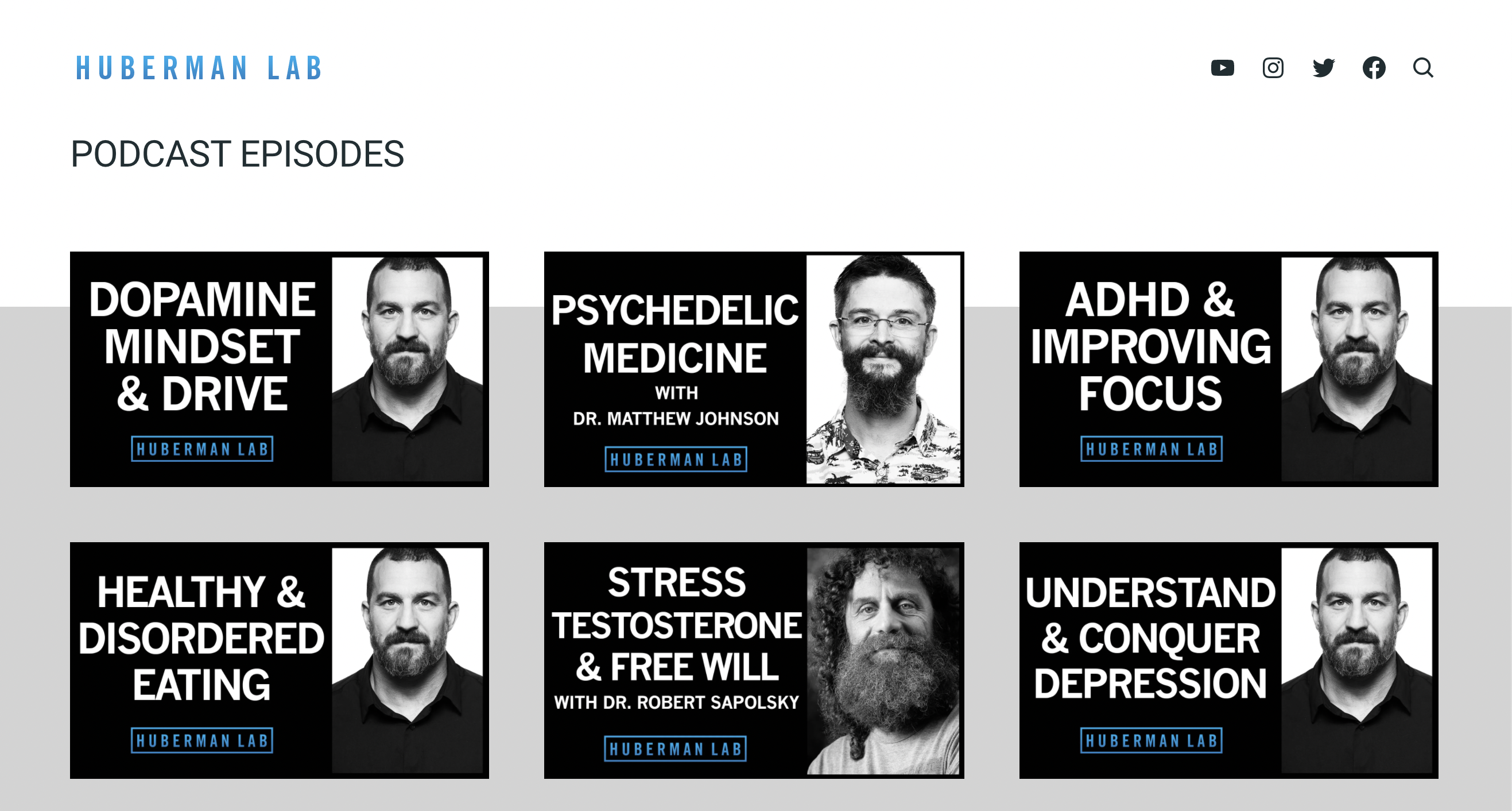
The Experiment and Floodlines
“I am currently listening to The Experiment. It is personal-interest weekly journalism. The short podcast series Floodlines is about how Hurricane Katrina affected people as it occurred.”
— Kathryn Shaw, the Ernest C. Arbuckle Professor of Economics
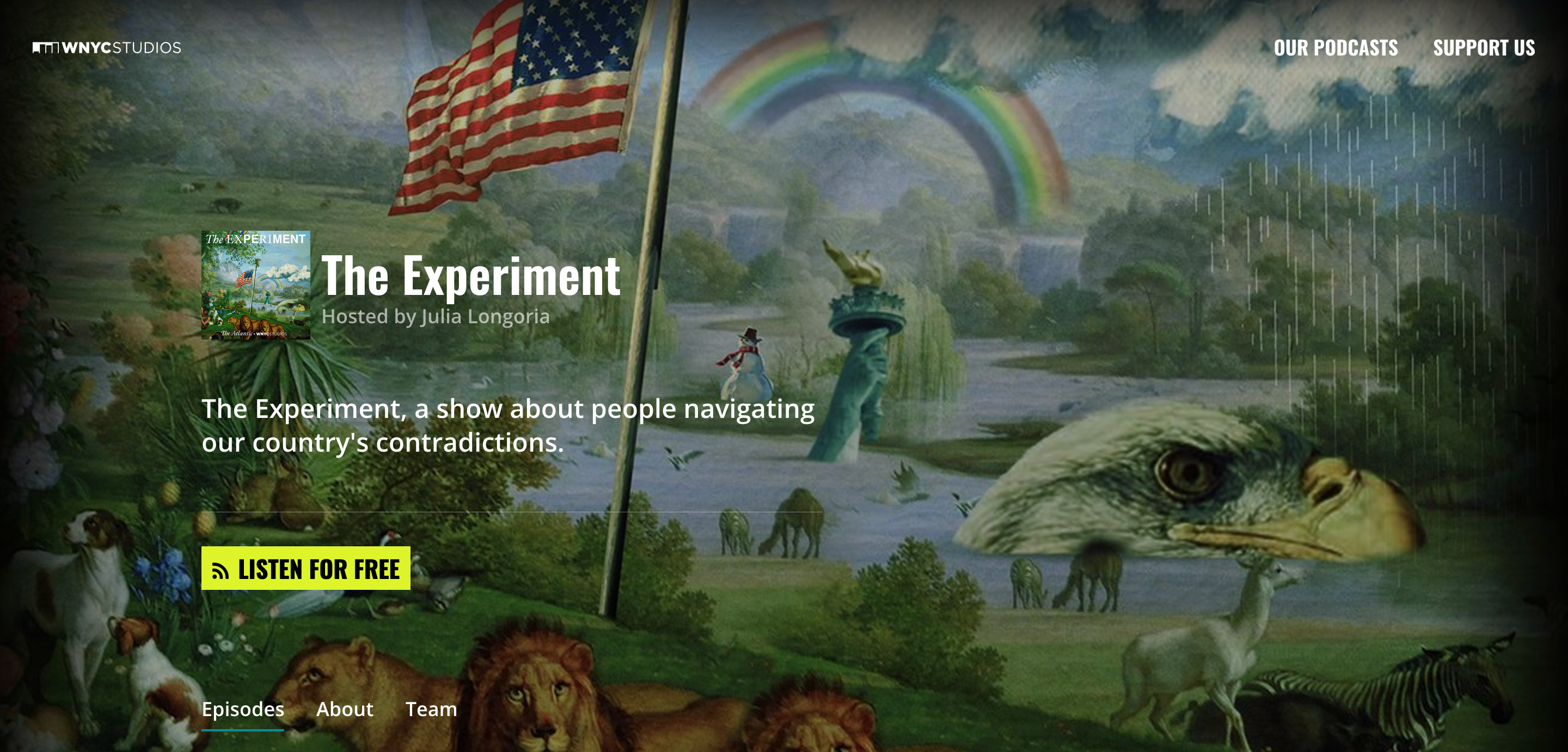
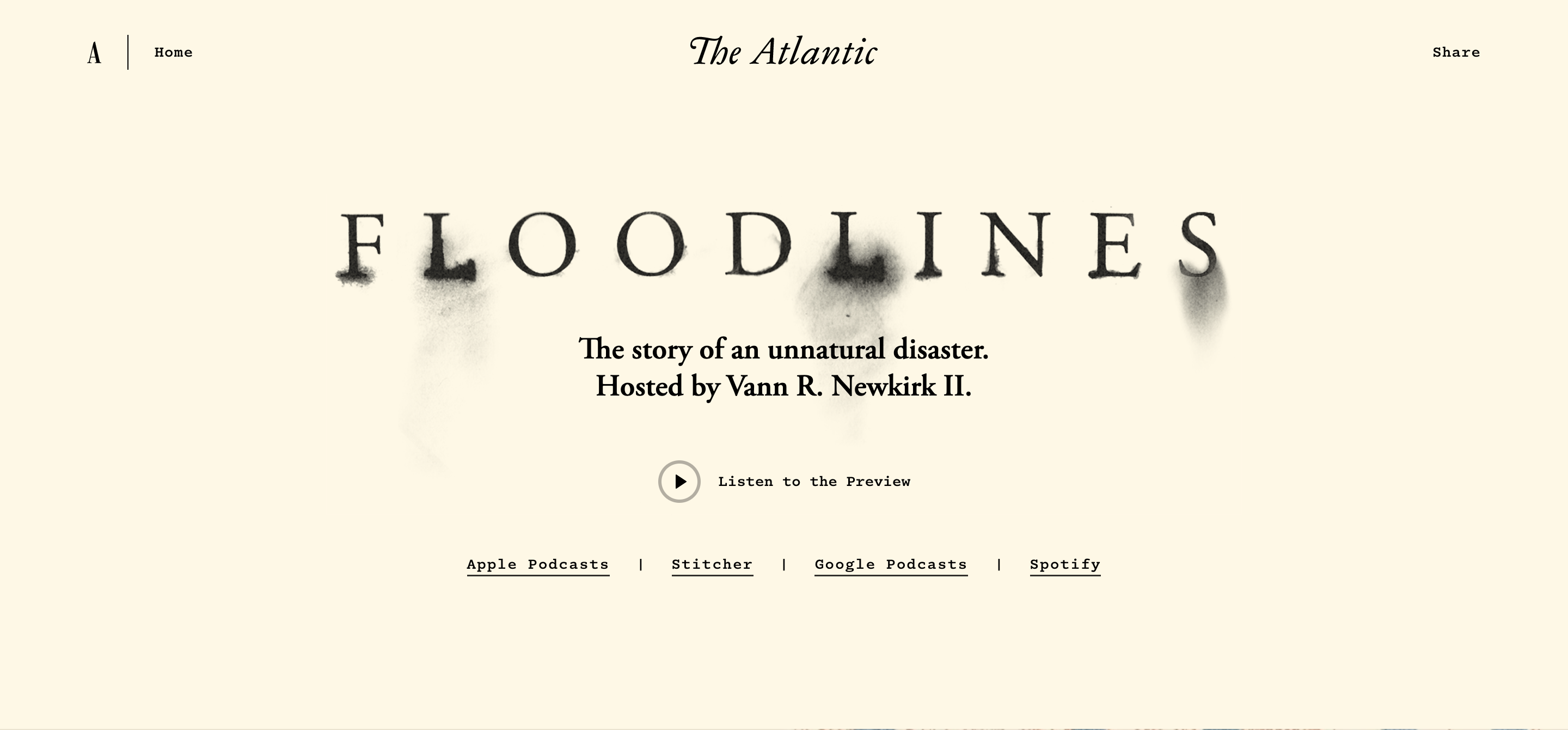
Nice White Parents
“I really liked Nice White Parents, as it talked about how the best of intentions in working to improve our schools can lead to unintended consequences. The creators did a good job exploring the history of one particular school in New York, and the listener can see how the current status of the campus is the outcome of decades of activities and behaviors.”
— Robert E. Siegel, lecturer in management
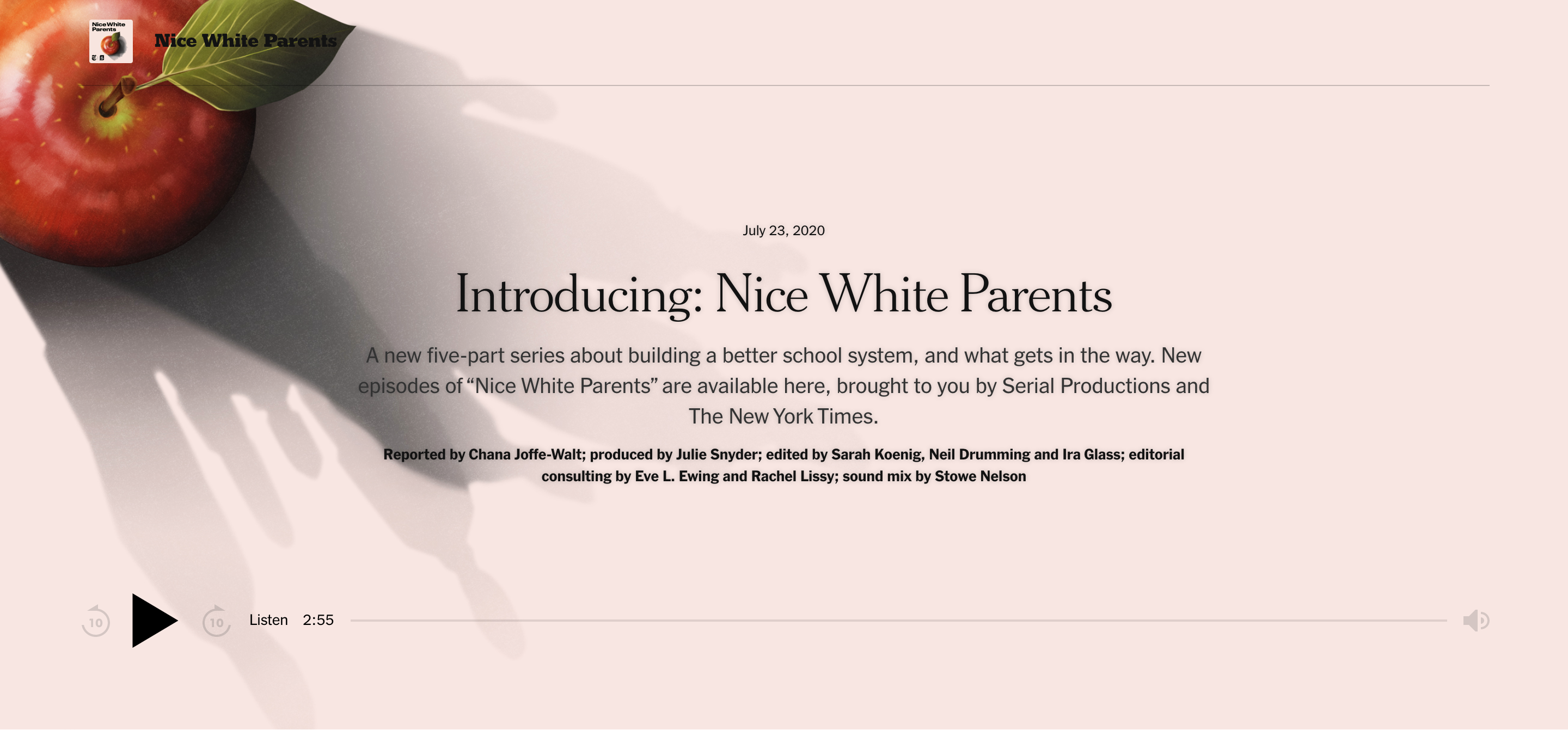
Recode Media with Peter Kafka, Decoder with Nilay Patel, and One Billion Americans
“I listen to a lot of Recode Media with Peter Kafka and Decoder with Nilay Patel. Both podcasts have top-notch guests and cover a lot of ground in the intersection of media, technology, business, and society, which complements my research and teaching. For audiobooks, I recently listened to and enjoyed One Billion Americans by Matthew Yglesias. I found it to be a thought-provoking and ultimately persuasive case for tripling the U.S. population through a combination of immigration policy and social support for families.”
— Ali Yurukoglu, associate professor of economics
